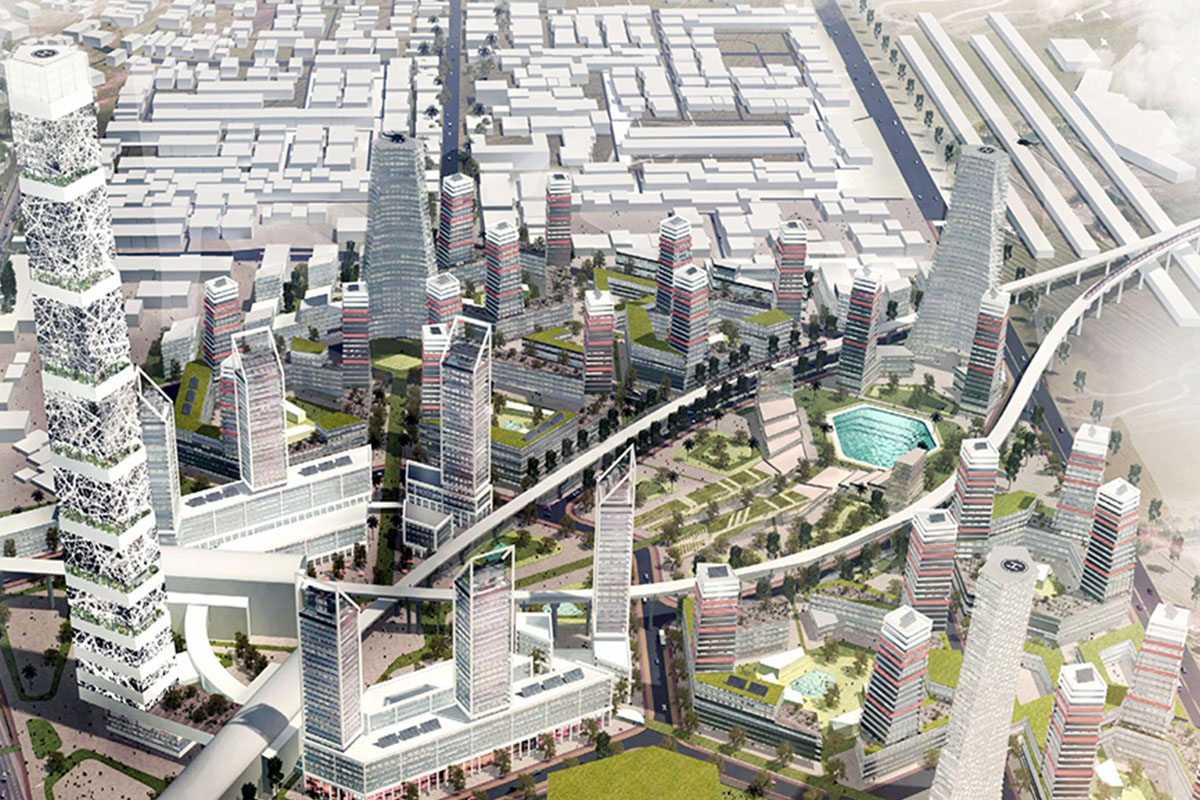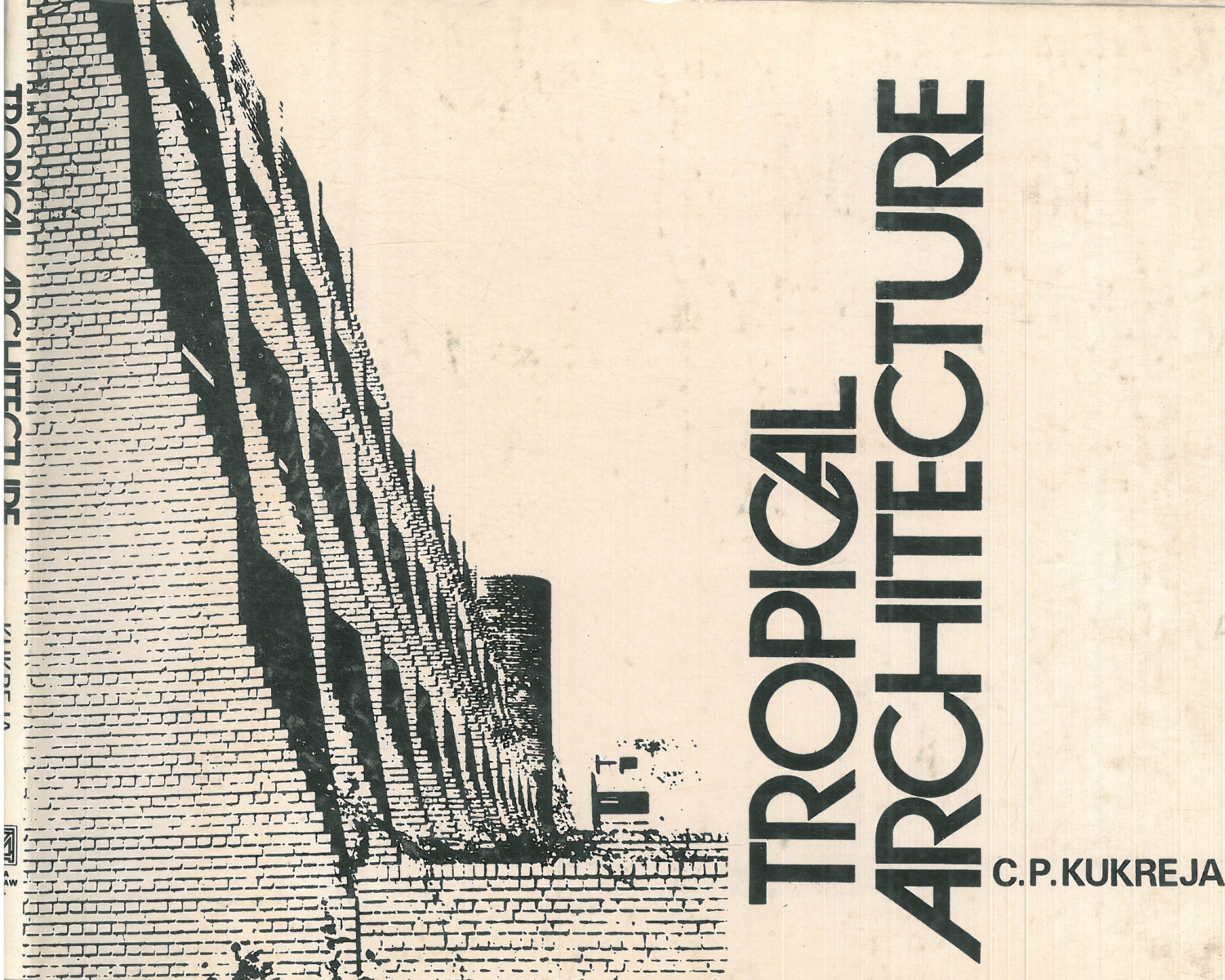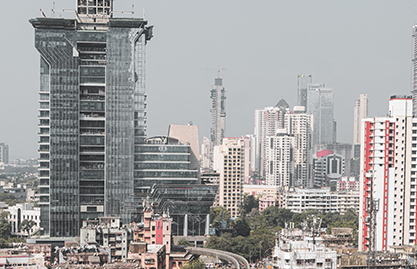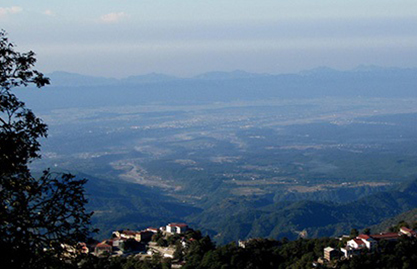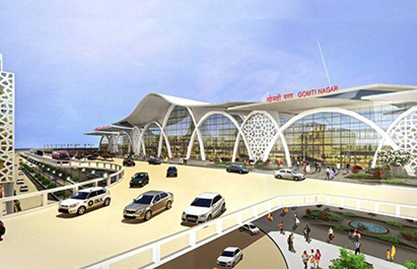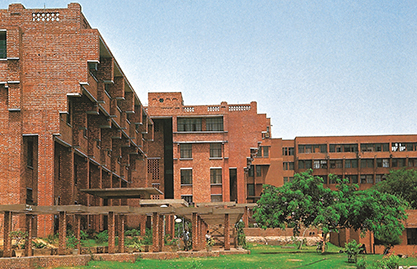Creating Liveable Cities- Addressing Governance & Public Participation
In these times of climate change, increasing population, and urban influx, our cities face immense pressure. Urban planners, designers, and policymakers are constantly looking for ways to make cities more livable in the face of a looming crisis. To implement the strategies for ‘liveable’ cities, practitioners engage in dialogues to share knowledge for creating urban environments that are sustainable, equitable, safe and culturally vibrant.
The Observer Research Foundation (ORF) and the Ministry of External Affairs, Government of India (MEA), partner to organise the Raisina Dialogues annually to bring attention to critical issues that affect the global community in terms of geopolitics and geoeconomics. The recently held edition of the dialogue featured a conversation between former Colombian President Iván Duque Márquez and Dikshu C. Kukreja, Architect, Urbanist and Managing Principal of C.P. Kukreja Architects, New Delhi, on creating Liveable Cities.
The prestigious conference, held in early March, was inaugurated by Narendra Modi, Prime Minister of India, and his Italian counterpart, Giorgia Meloni. This blog discusses key takeaways from this conversation.
Creating BiodiverCities
With the booming urban population, resulting in expanding cities and disappearing green cover, it is an unprecedented time for urban environments. The discussion between Kukreja and Márquez, held virtually, revolved around the need to transform cities to make them more liveable, sustainable, and biodiverse. The conversation continued a previous meeting held between the two in Bogota in the summer of 2022, featured in Kukreja’s recent talk show, Tale of Two Cities which focused on bringing conversations around cities and urbanisation to the forefront.
Picking up from the previous engagement, Márquez addressed the concept of 'biodiverCities', a collaborative effort he spearheaded in Colombia with the World Economic Forum. The former Colombian President explained that “sustainable waste management systems, energy transition, clean transportation, and creation of circular economies are crucial for cities' transformation towards sustainability and protection of biodiversity”. Having visited Colombia recently, Kukreja also commended the country’s efforts at sustainable transformation.
Ensuring Equitable Governance & Preserving Cultural Assets
Infrastructure is a basic necessity required for the functioning of cities, but it is the cultural assets that comprise its soul. Taking the conversation ahead, Ivan Duque Márquez talked about his concept of the ‘Orange Economy’ or ‘Creative Economy’, which uses the talent, intellectual property, and cultural heritage of any region for development.
Talking about the equitable benefit of urban policies, Kukreja expressed his concern over the unjust divide in developing cities. He emphasised the need for public participation and engagement in policymaking so that no section is marginalised when it comes to urban benefits.
The Way Forward
The discourse moved to the imperative for cities to undertake a transformation that prioritises environmental consciousness, safeguards nature and biodiversity, and promotes sustainability. Highlighting the urban challenges faced by India, Kukreja remarked, “Cities are the engines of growth, but they need transformation and direction for making them more liveable”. He went on to state that “nature and built development need to coexist; buildings cannot be constructed at the expense of nature” - stressing that coexistence coupled with the concept of sustainability are needed to create liveable cities. Márquez crucially iterated that the “protection of nature and biodiversity is vital to cities' behaviour”. He explained it through his country’s example, wherein more than 70 per cent of electricity comes from renewable sources like water.
To summarise lessons worth learning from the discussion, Kukreja and Márquez urged for city-making that is biodiverse, aligns with nature, and is built in favour of culture and equitable urban policy.


